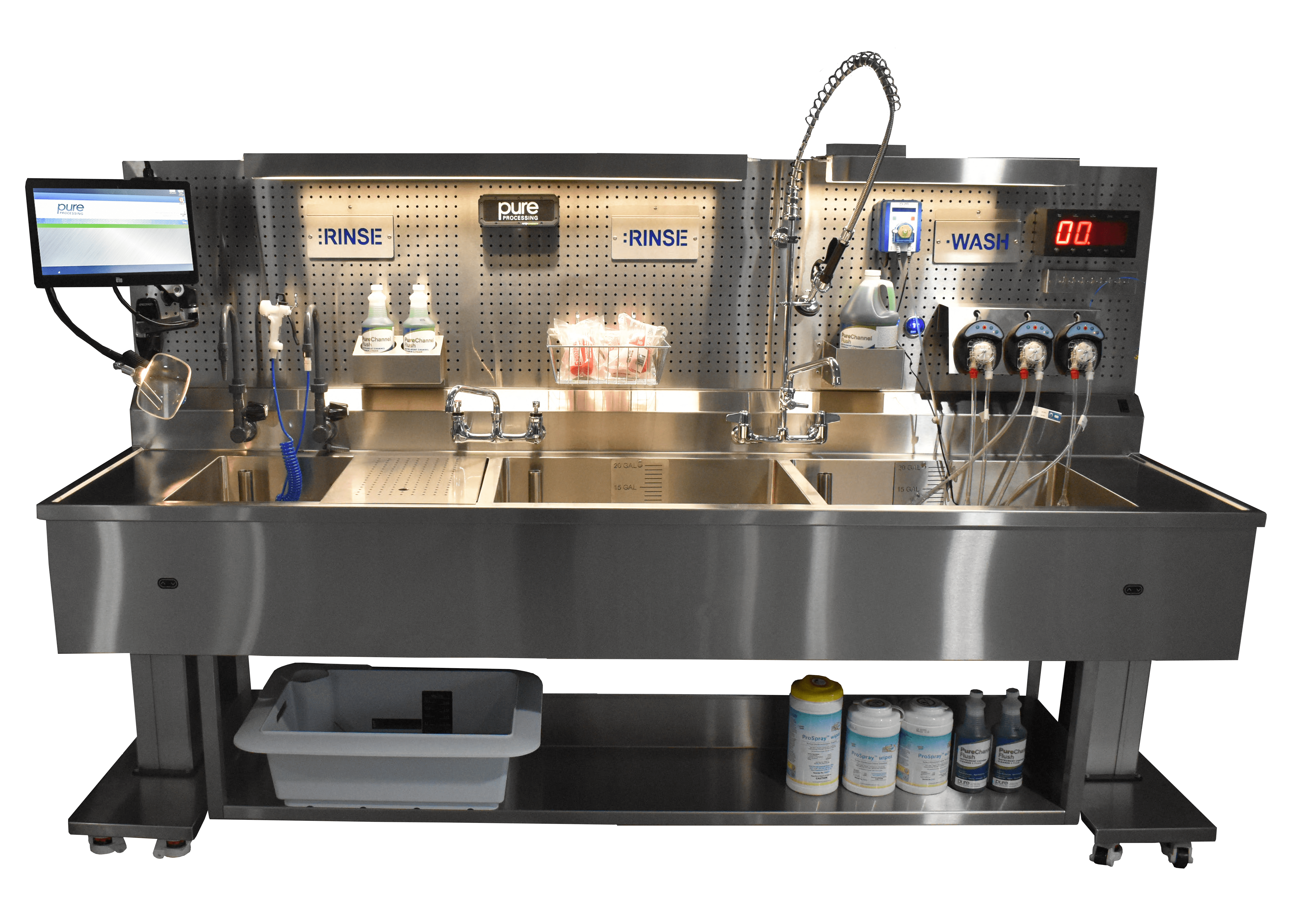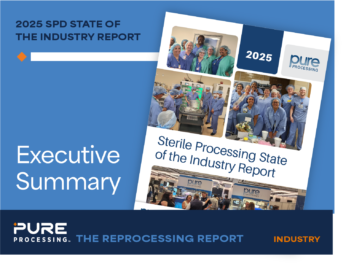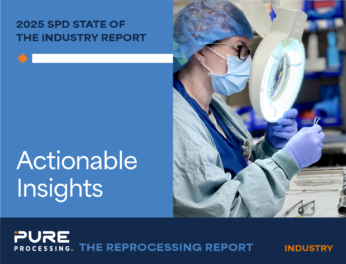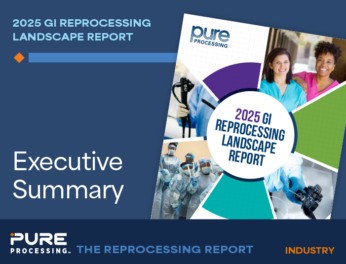
CATEGORY: Education
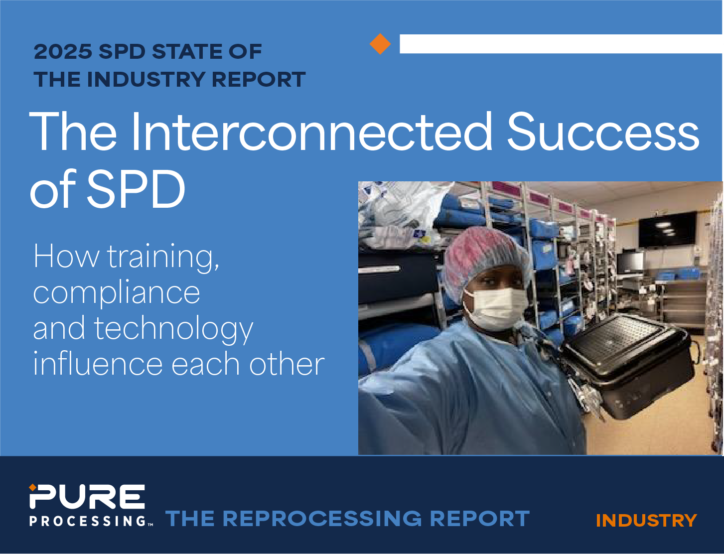
Oct 17, 2025
The Interconnected Success of SPD: How training, compliance and technology influence each other
Sterile processing departments (SPD) are made up of several different components that lead to outcomes and success. Each component so intricately connected to another that missing one can cause workflows and processes to falter. These components include training & education, workflow & processes, leadership, culture and technology. Each one naturally interconnects to another to create…
Read More

